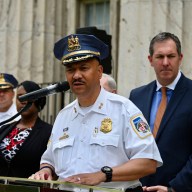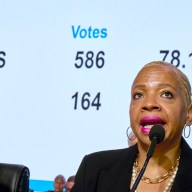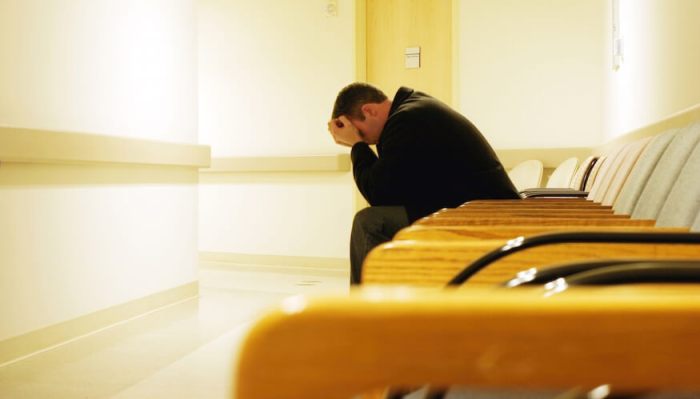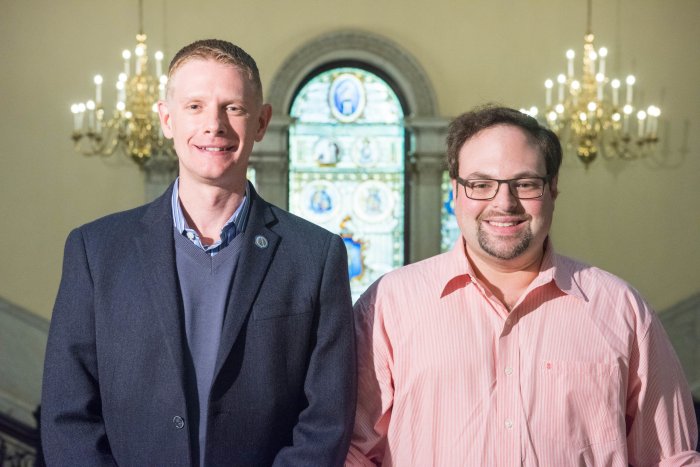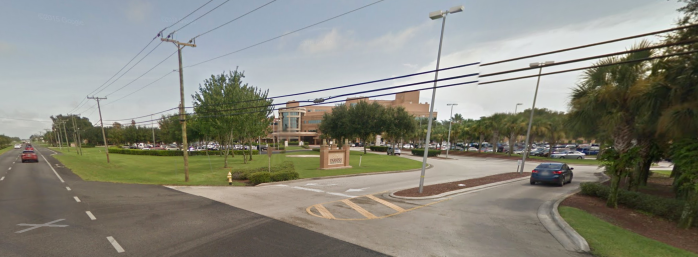The police-shooting of a mentally disturbed man less than three months ago prompted the Boston City Council on Wednesday to consider adding more social workers to the force to help diffuse confrontations with such individuals. In the first council meeting of 2017, City Councilors Ayanna Pressley and Annissa Essaibi-George filed an order for a hearing to look into how the BPD could afford to hire more mental health workers. “There is certainly a correlation between public health and public safety,” Pressley said during the meeting. “The Boston Police Department, our belief is, needs to have a more formidable financial investment so it can bring online more social workers and clinicians to support them in deescalating situations and mitigating conflicts.” On Oct. 30, Terrence Coleman was fatally shot after his mother had called 911 to take him to the hospital. Coleman, 31, had a history of mental illness, authorities said. Both police and Boston Emergency Medical Services (EMS) responded to the call, where a struggle with Coleman broke out. He allegedly pulled out a knife and swung at officers and EMTs, police said, prompting officers to fire and kill Coleman. “Unfortunately it turned ugly,” Boston police Commissioner William Evans told reporters after the shooting. “The officers intervened. They tried to disarm, and unfortunately, he just kept coming at the officers and it left them no choice right now.” The incident sparked a conversation about the way police interact with those who are mentally ill.
BPD spokesman Lt. Michael McCarthy said in an interview after the event that he didn’t think having more social workers ride along with police would have changed that particular situation, since the police were responding to a call for help from the EMTs. “But in general terms, we do have officers required to undergo 12 hours of training for dealing with the mentally ill,” he said.
Two mental health counselors currently work in conjunction with the department as well. The BPD once had money in the budget for three, McCarthy said.
“In situations that we deal with, they evolve so quickly, they can change so quickly, that the mere presence of councilor is not the end-all solve-all,” he said, “But we would certainly love to have more help. It seems to be an issue we’re asked to deal with more and more, and so more training and resources to put toward it, the better.” Pressley echoed this in an interview after the shooting, saying that there is a “mental health epidemic” and also that certain portions of Boston’s population are more susceptible to these incidents than others. “We know that, disproportionately, for low-income and people of color, that there are barriers to access [mental health care],” she said. “So you have a growing narrative of low-income and people of color battling mental illness who are not receiving the critical services they need, who may be homeless, and are a risk to themselves and others.” In the hearing order filed Wednesday, Pressley and Essaibi-George noted that two current clinicians ride along with officers through the Boston Medical Center’s BEST program. However, the BEST program could have a greater impact if there was a clinician for each district station, they said. “It’s an investment that pays a return on the human scale as well as the organizational scale,”Essaibi-Georgesaid.
City council wants more mental health clinicians to work with police
Wikimedia Commons








